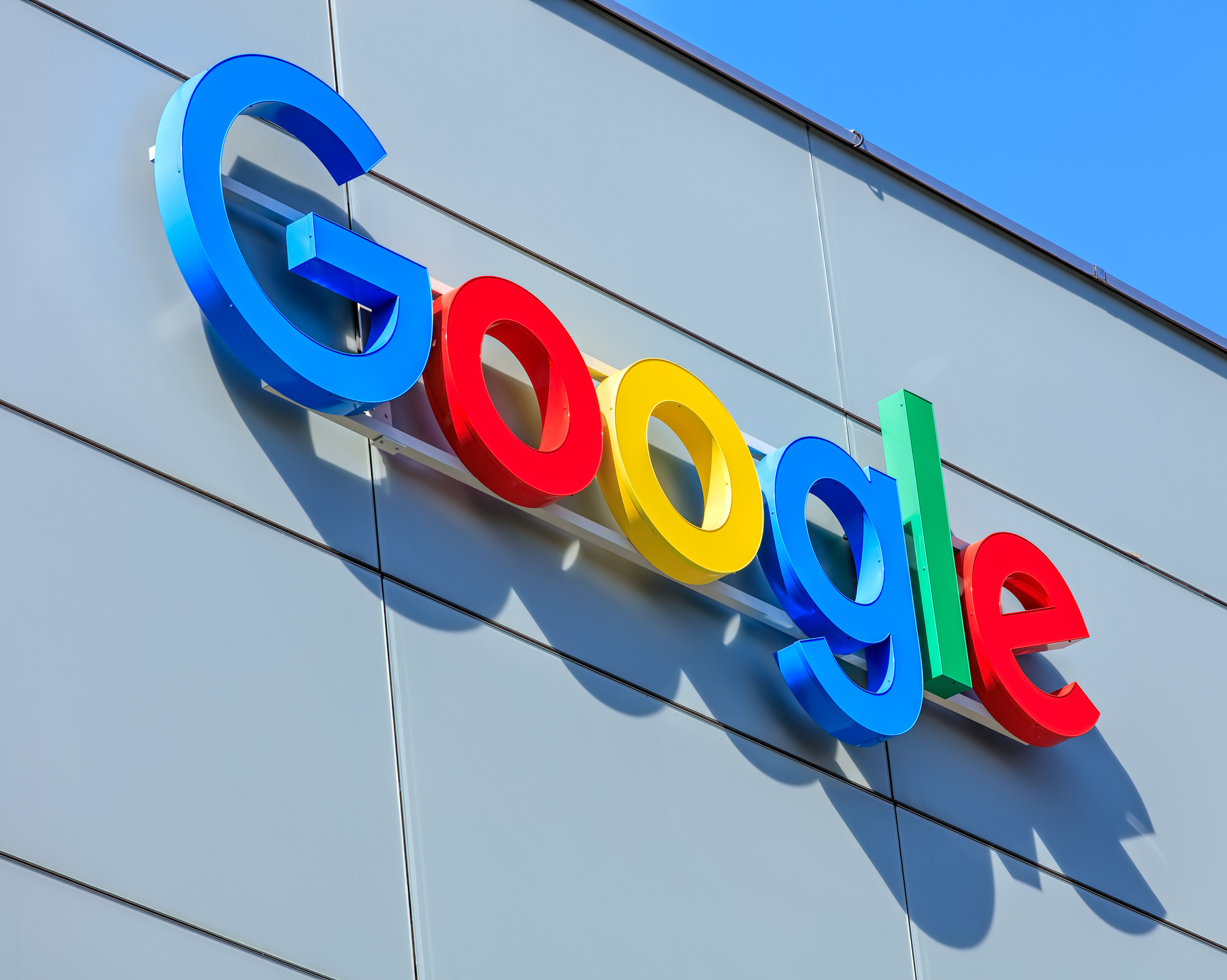
By Jay Bemis | Advertising Systems Inc.
Advertisers are exploring a number of ways to prepare for Google’s cookie deprecation deadline sometime later in 2024, including such ideas as working with partners that have first-party data and capitalizing on newer generative AI tools.
Whatever strategy advertisers choose for the day that third-party cookies finally crumble away, they may well want to ensure that their plan includes the use of contextual targeting.
What Is Contextual Targeting?
Contextual targeting directs your ads to appear on web pages that feature content closely related to your products or services.
If you run a company that sells fitness shoes, for example, you might use contextual targeting to place ads for your shoe line specifically on web pages that discuss daily running routines, or, perhaps, on pages that feature content on running and workout apparel.
Such a move is known as category contextual targeting, or placing ads based on general categories — say, beauty, automotive or finance, or, in our example here, the world of running.
Other types of contextual targeting include keyword targeting, when you place your ads on web pages based on target keywords that you specify, much as you would do with your search marketing endeavors.
There’s also semantic contextual targeting, a more advanced form that usually uses machine learning to analyze the context of a given web page and determines whether your ad is a good fit.
Contextual targeting is not to be confused with behavioral targeting, another advertising method. Generally, contextual targeting focuses on the setting where users are browsing, while behavioral targeting is geared toward behavior from users themselves.
When, Specifically, Are the Cookies Withering Away?
Many advertisers aren’t prepared for cookie deprecation, but “staying the course is not really a great option,” said Paul Verna, an eMarketer analyst, during a recent webinar on advertising trends to expect in 2024.
“[Google] has been very vague about their [deprecation] timeline … and I will not be shocked if something happens to throw it off track.”
A third of brand, agency, publisher, tech and data-platform representatives worldwide concur, believing that Google’s deadline for cookie deprecation will be pushed back again, per a recent study from tech company ID5.
Google most recently has said that its plans are to switch off third-party cookies for 1% of Chrome users in the first quarter of 2024, and then, after that initial testing period, begin a phased rollout of the cookie replacement program in the third quarter of ’24.
Johann Hofmann, a Google software engineer, indicates that the company is still awaiting a UK Competition and Markets Authority (CMA) consultation before that sort of timetable can unfold.
The deprecation of third-party cookies is designed to reduce cross-site tracking, but it will also present challenges to “sign-in, fraud protection, advertising, and generally the ability to embed rich, third-party content in websites,” Hofmann has explained.
No matter what strategy your business and marketing expert might employ for a world without third-party cookies, “GenAI is starting to power identity resolution and ID-free targeting,” eMarketer’s Verna noted during its recent trends webinar.
Such tech, he said, will help propel the concept of “targeting groups of people based on context, rather than just trying to pinpoint individuals based on identity signals.”
